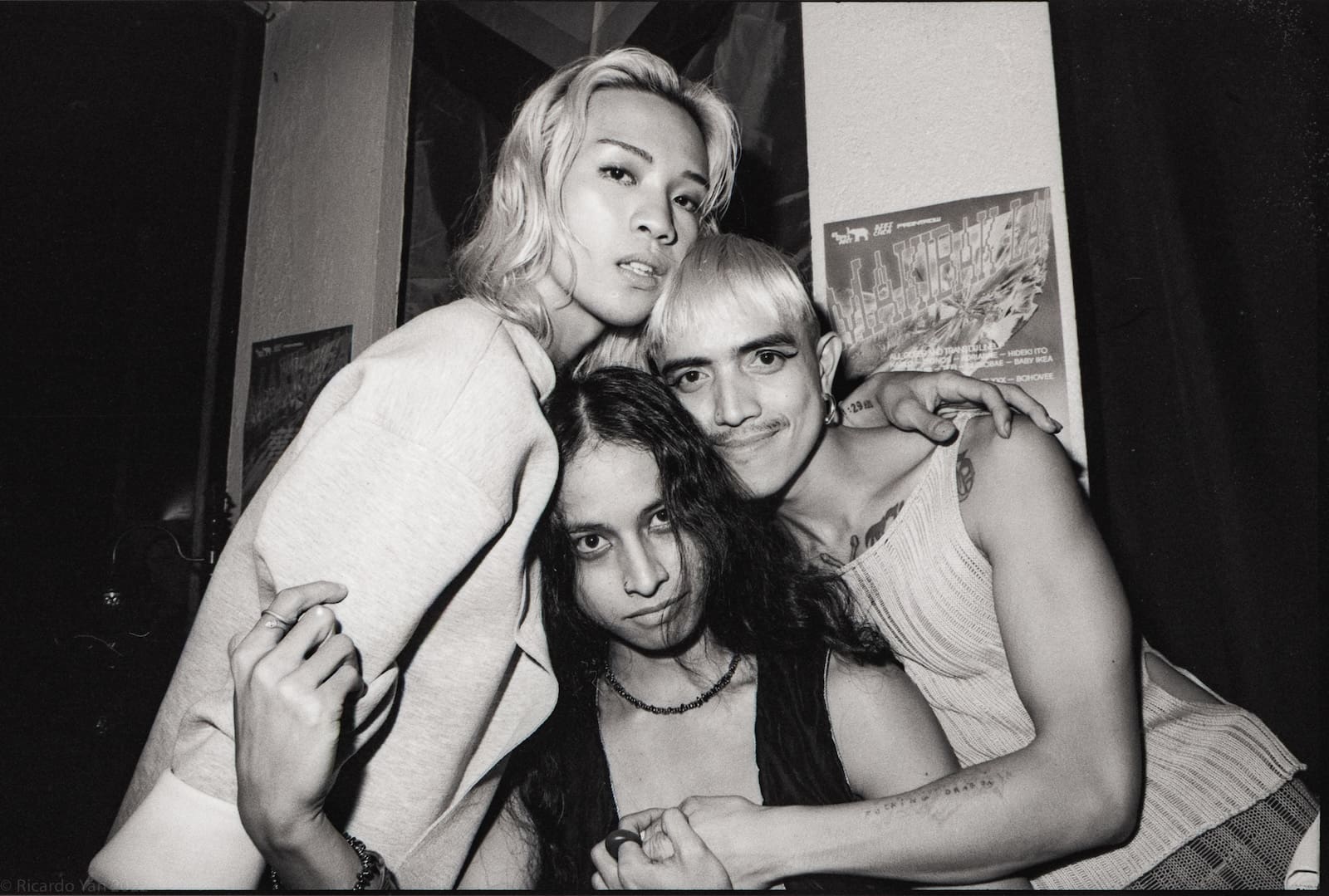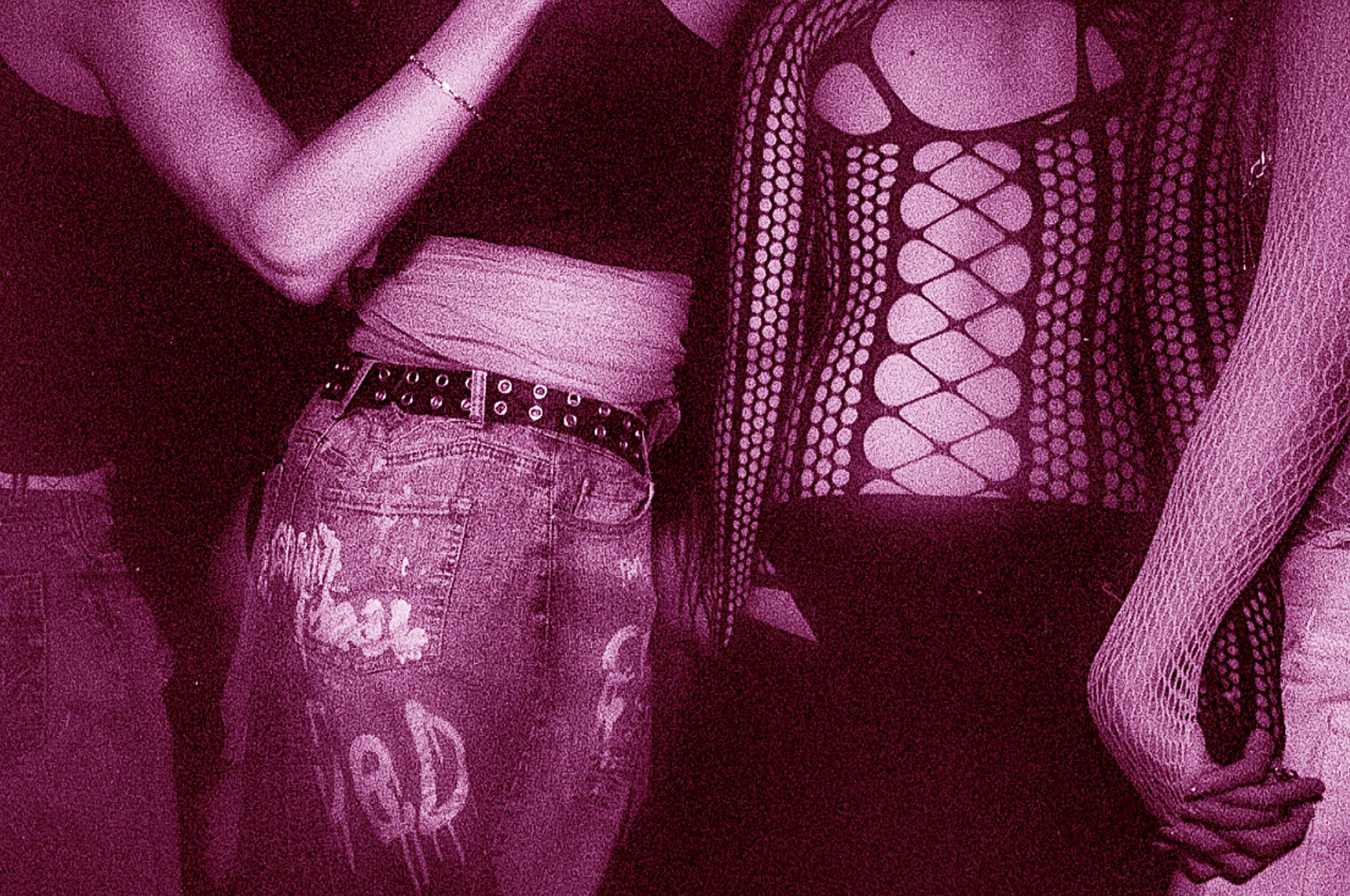In a country as rigidly conservative as the Philippines, polyamorous relationships struggle to find spaces to thrive.
Polyamory, or “poly,” means having multiple romantic relationships simultaneously, with the consent of everyone involved. People who engage in a polyamorous relationship often make up a “polycule ”— a constellation of partners that may either be involved romantically, platonically, or simply share a connection through a common partner.
Polyamory, or variations of ethical monogamy, has existed in different cultures from around the world as early as 2350 BCE, during the days of ancient Mesopotamia. Cases of polyamory have even been reported in Egyptian, Greek, and South Asian cultures. However, it has recently re-entered the global conversation as increasingly more people explore alternatives to conventional monogamy.
But in the Philippines, polyamory remains shrouded in stigma. “People don’t really talk about polyamory, especially in the Philippines where there are so many conservative, religious forces that make it hard to talk about these things,” says T33G33, a music producer, DJ, and event organizer of the Manila-based queer rave collective, ELEPHANT. “I don’t know many polyamorous people here because it’s not something that people are really out with.”
A 2022 study from the Colegio de San Juan de Letran in Manila finds that, because Filipino culture primarily recognizes monogamy, Filipinos associate polyamory with infidelity or swinging. Many even confuse polyamory with polygamy. While polygamy is a marital system in which one person has multiple spouses, polyamory is a lifestyle that allows people to engage in multiple consensual romantic or platonic relationships, without necessarily involving marriage. Because of this, polyamorous Filipinos often fear discrimination, either from their own families, friends, or mainstream society.
A Revolutionary Love

Despite the discrimination, polyamorous people in the Philippines view their chosen relationship model as a positive and empowering way to form deeper connections equally with different beloveds.
“Polyamory means creating a network of love and support with my partners,” says drag artist Worshipthegays tells Rolling Stone Philippines. “Love is not a finite thing, there’s so much love we can give and receive.”
“Polyamory allows us to disrupt the heteronormative and patriarchal,” says film director Celeste Lapida. “It goes beyond marriage — which is, at its core, an instrument of imperialism and capitalism to rule one man and one woman and recognize their offspring, to whom property is expected to be passed on.”
“[Polyamory] is revolutionary,” says one polyamorous person who goes by Alaga, “because it disrupts rigid adherence to outdated norms and calls for reimagining love, the abundance of intimacy, and the expansiveness of relationships is more of an ecosystem than of a pyramid.”
“Polyamory, for me, isn’t just about sex and romance,” says one anonymous polyamorous person. “It’s about friendships, kinship, and the ways we choose to show up for each other beyond convention.”
Polyamory as Resistance
Pushing back against the stigma surrounding polyamory is ELEPHANT, which seeks to create a safe space for people within this marginalized community. “With the way the world is turning out right now, we must not forget empathy for other people,” says ELEPHANT co-founder Shahani Gania, also known as drag performer SuperStarlet XXX. “It’s important to present this radical way of loving, of being in love.”
ELEPHANT is hosting events and raising awareness about the local polyamorous community. Their upcoming party on February 15, “LOVE U ALL: A POLYAMOROUS PROM NIGHT,” is set to celebrate love in all its forms, providing a space for polyamorous individuals to connect and enjoy performances by a line-up of DJs and drag artists. “Polyamory is not just a personal choice,” writes the collective in the event’s statement, “It is a reimagining of how communities and relationships can function. By choosing love on our own terms, we actively resist systems that profit from control, conformity, and restriction.”
In a culture where traditional values dominate, polyamorous relationships in the Philippines remain a bold and subversive act of resistance to the societal norms of monogamy and heteronormativity. Despite the challenges, the polyamorous community continues to redefine love, emphasizing inclusivity, mutual respect, and the freedom to choose relationships that align with personal values rather than societal expectations.







